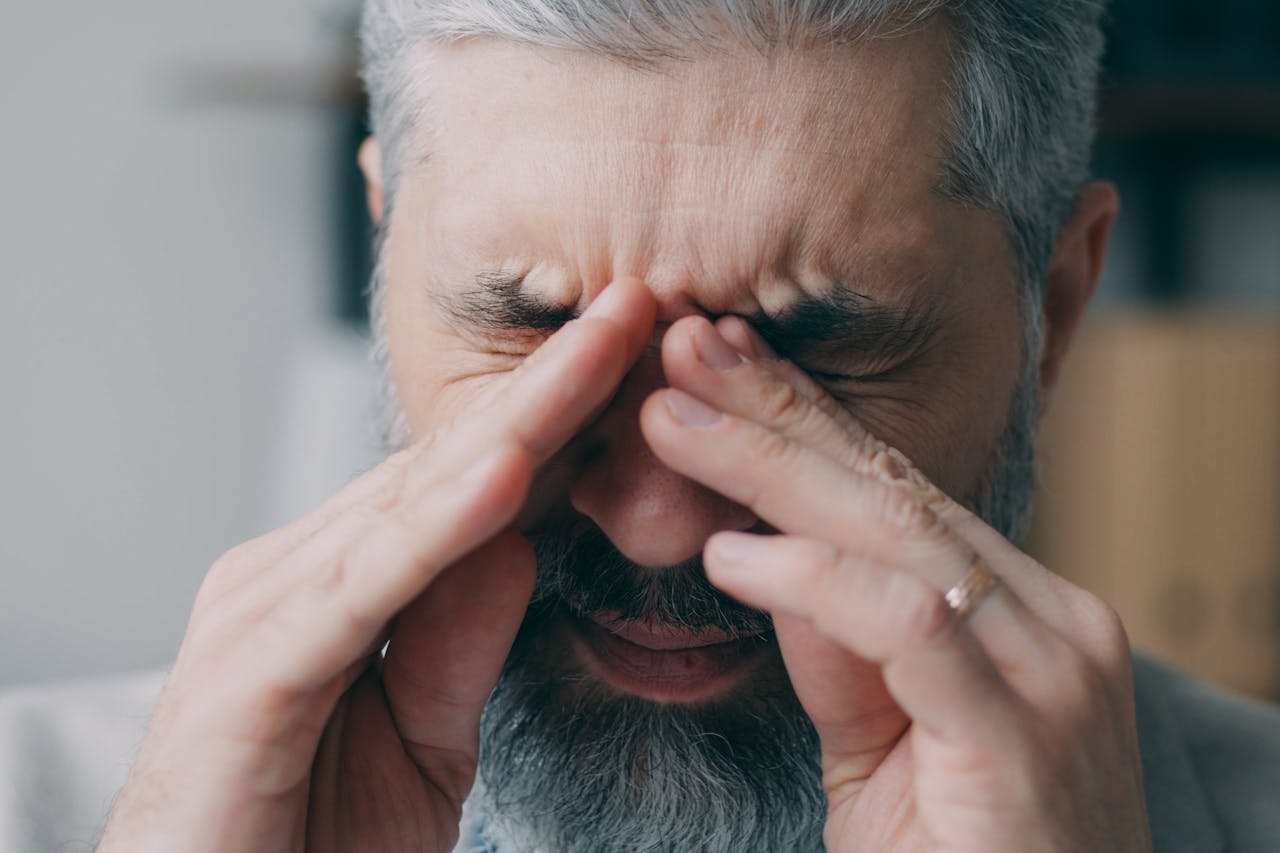Sudden Rise in Anxiety and Burnout
A recent global health study has revealed a sharp 35% increase in anxiety and burnout cases among adults aged 25–45 — the largest spike recorded in over a decade. Experts warn that modern work pressure, digital overload, and social isolation are creating what they call a “mental fatigue epidemic.” This new data has pushed mental health authorities worldwide to issue urgent alerts, urging early screening and awareness campaigns.
The Silent Spread of Mental Exhaustion
Unlike physical diseases, mental exhaustion spreads quietly. Long working hours, unstable economies, and the constant pressure to stay “productive” have deeply affected emotional stability. Millions of individuals now report symptoms like chronic worry, fatigue, poor concentration, and loss of motivation — all signs of severe anxiety.
The Role of Technology and Social Media
Ironically, while technology connects the world, it has also intensified mental stress. Continuous notifications, comparison culture on social platforms, and remote work have blurred boundaries between personal and professional life. Studies show people check their phones an average of 150 times a day, a habit strongly linked with anxiety and insomnia.
Healthcare System Under Pressure
Hospitals and mental health clinics in the US, UK, and Asia are witnessing record numbers of patients seeking therapy and stress medication. Psychiatrists report long waiting lists and rising demand for virtual therapy sessions. Many experts are calling for immediate government funding to expand access to mental health professionals.
Possible Solutions and Hope
Health organizations suggest three urgent steps: early mental health education, affordable therapy, and digital detox programs. Some countries have already launched initiatives like “Mindful Mornings” — mandatory 15-minute relaxation breaks at workplaces — showing promising results in reducing anxiety levels.
The Bigger Picture
The mental health crisis is no longer a personal issue — it’s a global emergency. If left unchecked, experts warn it could affect economic productivity and community stability. However, with growing awareness and proactive steps, there is still hope. Open conversations, supportive workplaces, and access to care can help reverse this worrying trend.
Final Thoughts
The message is clear: mental health needs the same urgency as any epidemic. Every individual, organization, and nation must play their part in creating a culture where seeking help is not a weakness — it’s strength. The faster the world acts, the healthier our collective future will be.






